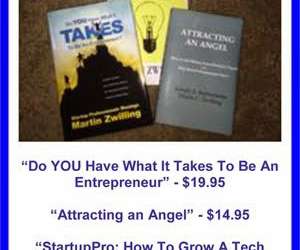10 Keys To Surviving Startup Cash Flow Requirements
Startup Professionals Musings
SEPTEMBER 13, 2022
The problem is that professional investors (angels and venture capital) want a proven business model before they invest, ready to scale, rather than early projections and product development. Nevertheless, it’s an option that doesn’t cost you equity. It always reduces risk to plan your business first.





















Let's personalize your content